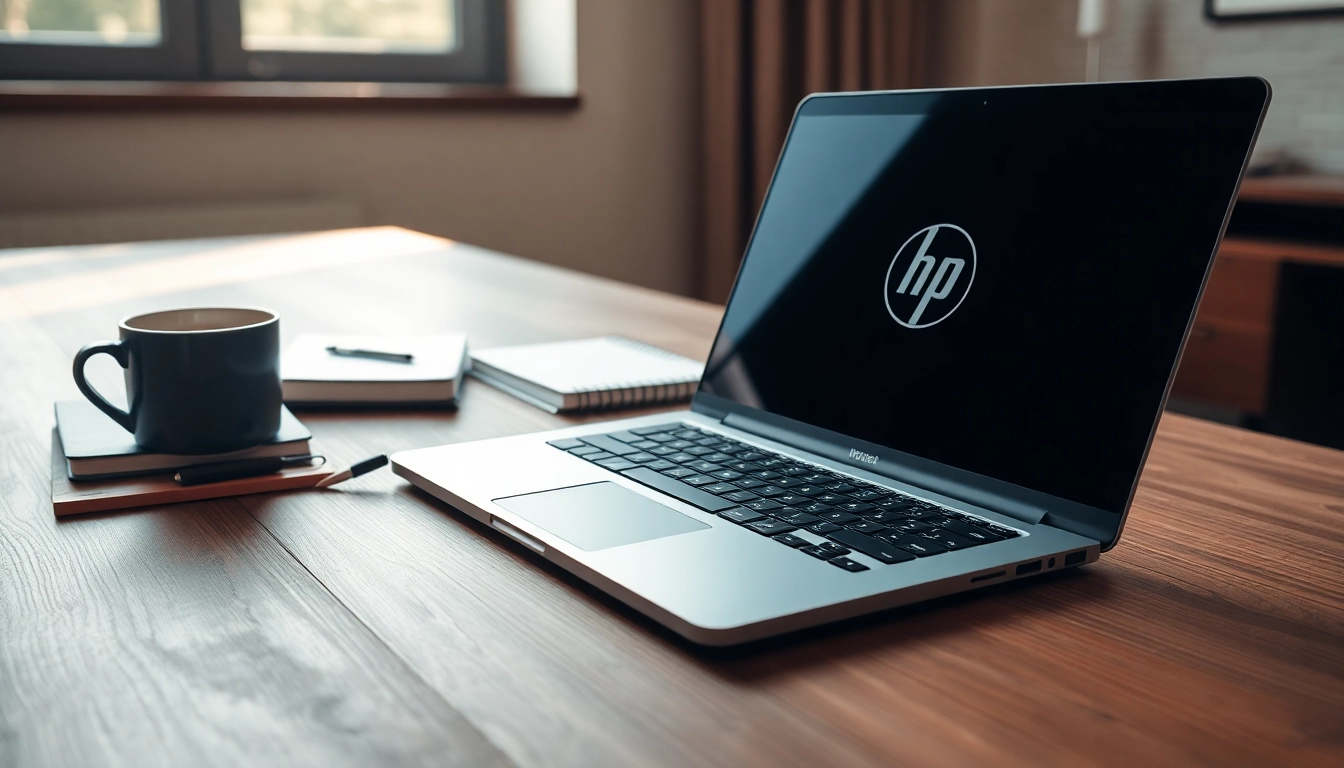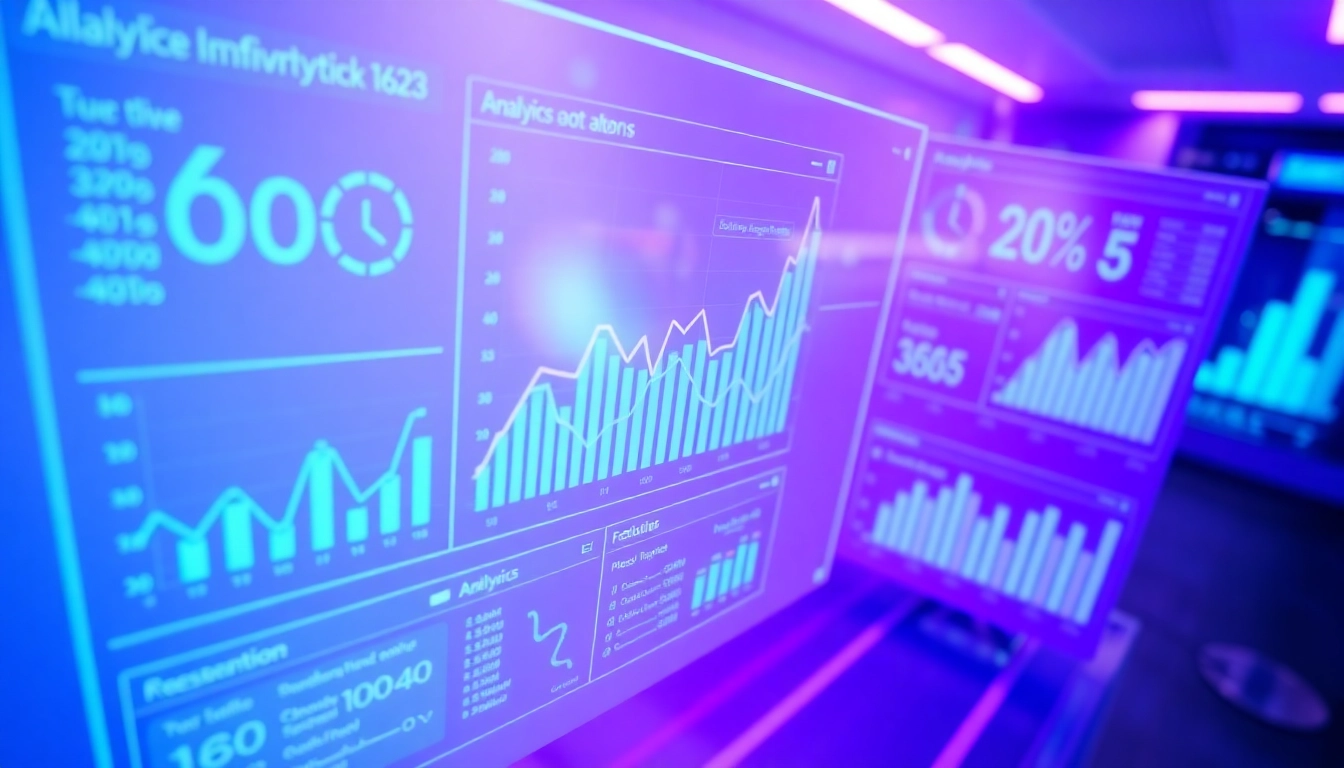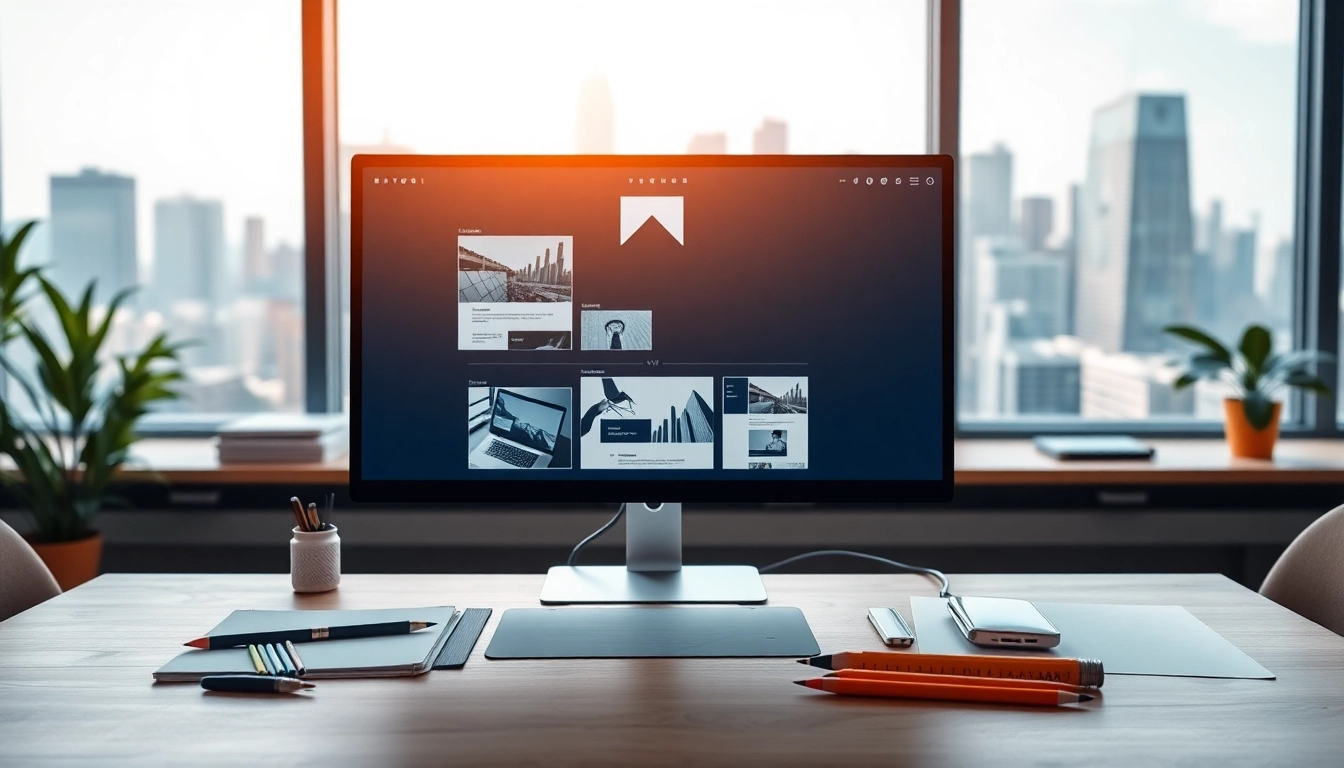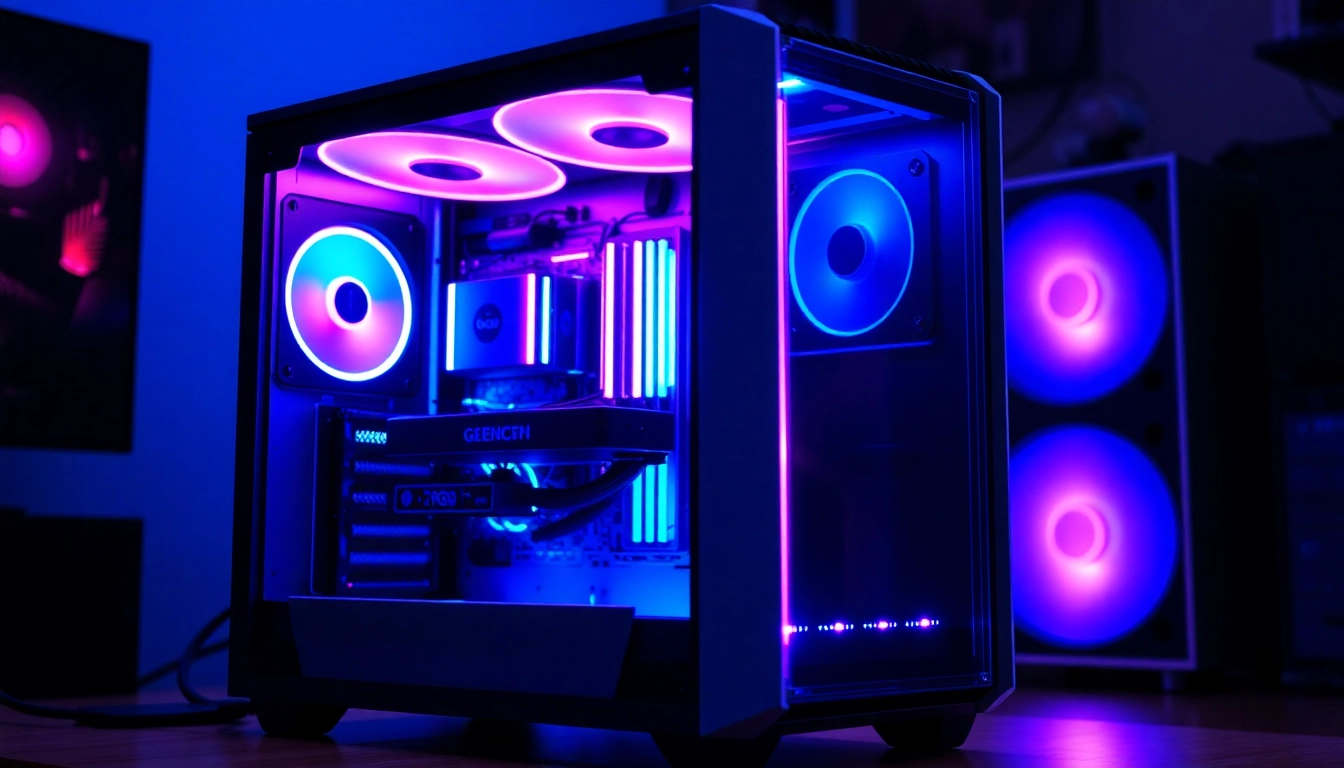Understanding the Different Types of HP Laptop
Overview of HP Laptop Categories
The HP Laptop range is diverse, catering to various needs and preferences of users worldwide. Whether you are a student, a working professional, or a gaming enthusiast, HP offers distinctive categories that suit different requirements. The primary categories of HP laptops include:
- HP Pavilion: Known for its versatility, the Pavilion series strikes a balance between performance and price, making it ideal for students and casual users.
- HP Envy: This premium line focuses on design and performance, perfect for creative professionals who need robust capabilities and stunning aesthetics.
- HP Omen: Tailored for gamers, Omen laptops come with powerful hardware and advanced gaming features to handle demanding tasks and graphically intense gameplay.
- HP Spectre: Combining elegance with high-end performance, the Spectre series is designed for those who seek a luxurious experience wrapped in portability and power.
- HP EliteBook: Primarily aimed at business professionals, EliteBooks offer enhanced security features, premium build quality, and extended warranties.
Key Features of Each HP Laptop Type
Each HP Laptop type has unique features that set them apart:
HP Pavilion
The HP Pavilion laptops boast performance configurations suitable for everyday tasks. They typically come with:
- Mid-range processors, offering good multitasking capabilities.
- HD or FHD displays, providing decent visuals for media consumption.
- User-friendly design with options for stylish finishes.
HP Envy
HP Envy laptops offer:
- Powerful Intel and AMD processors tailored for demanding applications.
- High-resolution touch displays that facilitate creative work.
- Built-in security features such as a privacy camera shutter.
HP Omen
Omen laptops come equipped with:
- High-performance GPUs for the best gaming experience.
- Advanced cooling solutions to maintain performance during long gaming sessions.
- Customization options through HP’s gaming software.
HP Spectre
Spectre laptops are characterized by:
- Premium materials like aluminum and carbon fiber.
- Ultra-slim profiles that enhance portability.
- Long battery life to support all-day use.
HP EliteBook
The EliteBook series features:
- Durable construction that meets military-grade specifications.
- Enhanced security features such as fingerprint readers and smart card slots.
- High-performance components tailored for business applications.
Choosing the Right HP Laptop for Your Usage
Selecting an HP Laptop should be based on your specific needs:
For Students
The HP Pavilion series provides a balance of price and performance, making it suitable for students engaged in writing, research, and light multimedia tasks.
For Professionals
Business users can significantly benefit from the HP EliteBook, which emphasizes security, reliability, and professionalism.
For Gamers
If gaming is your priority, the HP Omen series, with its high-end specifications, will deliver an immersive experience.
For Creatives
Creative professionals should consider the HP Envy or Spectre for their superior display quality and performance capabilities.
HP Laptop Specifications That Matter
Processor Types and Their Importance in HP Laptop
The processor is the heart of any laptop. HP offers laptops equipped with various processors:
- Intel Core i3: Suitable for basic tasks like browsing and document editing.
- Intel Core i5: A versatile option that handles multitasking and moderate gaming.
- Intel Core i7: Ideal for gaming, design, and heavy application work.
- AMD Ryzen: HP’s offering in the AMD segment, provides competitive processing power, especially in graphics processing.
When selecting a laptop, consider your typical workload. An i3 is sufficient for light tasks, while demanding users should opt for an i7 or Ryzen 7 for better performance.
RAM and Storage Options for HP Laptop
RAM and storage are crucial factors in determining a laptop’s speed and the capacity for running applications. HP laptops typically offer a variety of configurations:
- 4GB RAM: Basic level, appropriate for simple usage such as browsing or word processing.
- 8GB RAM: Standard for most users, handles multitasking well.
- 16GB RAM: Recommended for gaming and heavy-duty applications.
In the realm of storage, users can select between:
- HDD: Larger storage capacity but slower speeds.
- SSD: Faster data access, leading to quicker boot and load times. Options may vary from 256GB to 1TB configurations.
Understanding Display Quality in HP Laptop
The display is one of the most visible aspects of an HP Laptop:
- HD (1366 x 768): Offers decent viewing for basic tasks.
- FHD (1920 x 1080): Provides sharper images and is ideal for content consumption.
- 4K UHD (3840 x 2160): Best suited for professionals requiring high-resolution visuals for design and multimedia work.
Touchscreen functionality is available on various models, enhancing interactivity and usability, especially for creative tasks.
Buying Guide for an HP Laptop
Setting a Budget for Your HP Laptop Purchase
Before diving into the vast market, it’s essential to establish a budget. HP Laptops can range from budget-friendly models costing a few hundred dollars to high-end systems exceeding two thousand. Consider the following:
- Casual Use: Expect to spend around $400 to $800 for satisfactory performance.
- Gaming and High Performance: Be prepared for investments upwards of $1,200 for adequate specifications.
- Business Needs: Similarly priced as gaming laptops, professional models may also vary in warranty and support inclusion.
Where to Buy Your HP Laptop
HP laptops are widely available, and potential buyers can choose from various avenues:
- Authorized HP Retailers: Purchasing from recognized retailers ensures product authenticity and customer service.
- Online Stores: Consider verified online platforms for potentially better pricing and easier comparisons.
- HP Official Website: Making a purchase directly from HP Laptop often provides exclusive deals, warranty options, and configurations not available elsewhere.
Evaluating Warranties and Support for HP Laptop
Every laptop comes with a warranty, but the extent varies. Be sure to check:
- Length of Warranty: Most HP laptops come with a one-year warranty; higher-end models may have extended options.
- Customer Support: Availability of support channels including chat, phone, and email.
- Accidental Damage Protection: Consider purchasing additional coverage if your usage involves high mobility or risk factors.
Common Issues and Troubleshooting for HP Laptop
Identifying Common Problems with HP Laptop
Even the best laptops encounter issues. Among the typical problems faced by HP laptop users are:
- Battery Drain: Rapid battery consumption can hinder workflow; users should ensure applications aren’t running unnecessarily.
- Overheating: Common during heavy usage, which could indicate dust accumulation in the cooling vents.
- Driver Issues: Outdated or corrupted drivers can impact performance; keeping drivers updated is vital.
Basic Troubleshooting Tips for HP Laptop
When problems arise, consider these basic troubleshooting steps:
- Restart the laptop—often, this resolves minor glitches.
- Check for updates through the operating system settings and HP Support Assistant.
- Perform a hard reset if the laptop becomes unresponsive.
- For overheating, ensure the laptop is on a hard, flat surface and inspect ventilation for blockages.
When to Seek Professional Help for HP Laptop
While many issues are solvable at home, some circumstances warrant professional assistance:
- If the laptop fails to power on after several attempts.
- Persistent software issues that don’t resolve after troubleshooting.
- Physical damage, such as a cracked screen or malfunctioning ports.
Maximizing Performance of Your HP Laptop
Essential Software for Your HP Laptop
- Office Suite: Tools like word processing and spreadsheet programs are essential for students and professionals.
- Antivirus Software: Vital for protecting against malware; consider reputable brands for effective solutions.
- Performance Optimization Tools: Programs that help clean up files and manage memory can help maintain speed over time.
Maintenance Tips for Longevity of HP Laptop
Regular maintenance can extend the life of your HP Laptop:
- Keep the device away from extreme temperatures and humidity.
- Regularly clean the keyboard and screen to avoid dirt accumulation.
- Avoid overcharging the battery; unplug when fully charged.
Optimizing Settings on Your HP Laptop
Tweaking certain settings can significantly improve performance:
- Disable startup programs that are unnecessary to boot quickly.
- Adjust power settings for performance or battery saving, depending on current needs.
- Use disk cleanup tools to free up space and optimize hard drives or SSDs.



